Safe Feeding In Emergencies
We’ve had one serious power outage already and there may be other severe storms. Water contamination, or just lack of access to clean water, becomes a problem.
It’s important to know how to safely feed babies during this or other emergencies. Being prepared, you can avoid the most common concerns in emergency situations: Diarrhea and Dehydration.
Share this information with anyone who might be taking care of your child. Caregivers will need to know safe feeding guidelines, whether your baby is breast or bottle fed. You might be delayed getting back to your baby… a tree blocks the road, a bridge is washed out. This information will ease your mind and theirs.
Diarrhea and dehydration happen due to contaminated water or food. Babies, because of their size and immature digestive system, are most vulnerable. When diarrhea happens, they lose a lot of fluid. In a matter of a day or two, it can lead to dehydration. That is serious.
The main focus of prevention is cleanliness.
When the water is contaminated and you are not be able to boil it, that is a problem. First, plan ahead and have a supply of clean water and sanitizing wipes. For sure, the safest, cleanest, easiest nutrition for your baby is breast feeding. A bonus is that breast milk protects your baby’s gut with important immune factors.
Always clean your hands (water or sanitizing wipes) before feeding breast or bottle.
Cleaning all the parts of the bottle and nipple is important whether babies are fed breast milk or formula in a bottle.
Use clean, hot soapy water, rinse, then air dry. A towel for drying might have bacteria/dirt/etc. on it. That’s why you should air dry. Or use sanitizing wipes.
A cup is safer than a bottle. It is safer because it is easier to clean. There are no little parts or corners that collect bacteria with a cup. You can simply use a small medicine cup or paper cup. Even very small babies can be cup fed.
The next safe option, if not breastfeeding, is Ready Made formula in a cup.
That is the liquid in the can. It is sterile and it doesn’t need to be mixed with water. Powdered formula has to be mixed with water, which would not be safe during an emergency. The water needs to be boiled to prevent contamination.
If you use formula, have a stash of Ready Made formula for emergencies. Use a cup for feeding. For families using formula, Ready Made is the type that is recommended for babies:
• Two months and younger
• For babies who are immune-compromised
• For feeding in an emergency when not breastfed.
Always check the expiration date on all formulas. Toss it out any that has expired.
Always discard what’s leftover in a bottle of formula. The baby’s mouth bacteria can grow in the leftover formula.
Know how to express your breast milk.
If you are away from your baby for an extended time, hand expression is an excellent skill to have. It requires no batteries or equipment. A manual pump is good, though then you have to clean all those parts. Save expressed milk in a clean bottle or jar. The American Academy of Breastfeeding Medicine’s has these “Guidelines for Storing Breast Milk.”
For full term healthy babies, the guidelines are:
4-6 hours, up to 8 hours at room temperature
4-6 days up to 8 days in the fridge
Up to 6 months in a freezer. Even up to a year, depending on the type of freezer.
For preterm and more fragile babies, the guidelines recommend the shorter storage periods: 4 hours, 4 days, 4 months.
Keep frozen milk in the freezer. As long as the breastmilk has ice crystals in it, it’s good. You can thaw it for when you need to use it. Have an extra stash of frozen milk at daycare, at home or wherever your baby stays. Someone else may need to feed your baby for longer.
The MSBC had a webinar about Supporting Breastfeeding Through Disasters . The webinar is available here and on our MSBC YouTube channel. Learn more about emergency preparations from the Maine Emergency Management website.
Review this feeding information with other caregivers.
During an emergency like a severe storm and/or power outage, this is how your baby can be safely fed. Some preparation will help you avoid the problems of water contamination. We hope this information ahead of time will ease the stress of an emergency.
